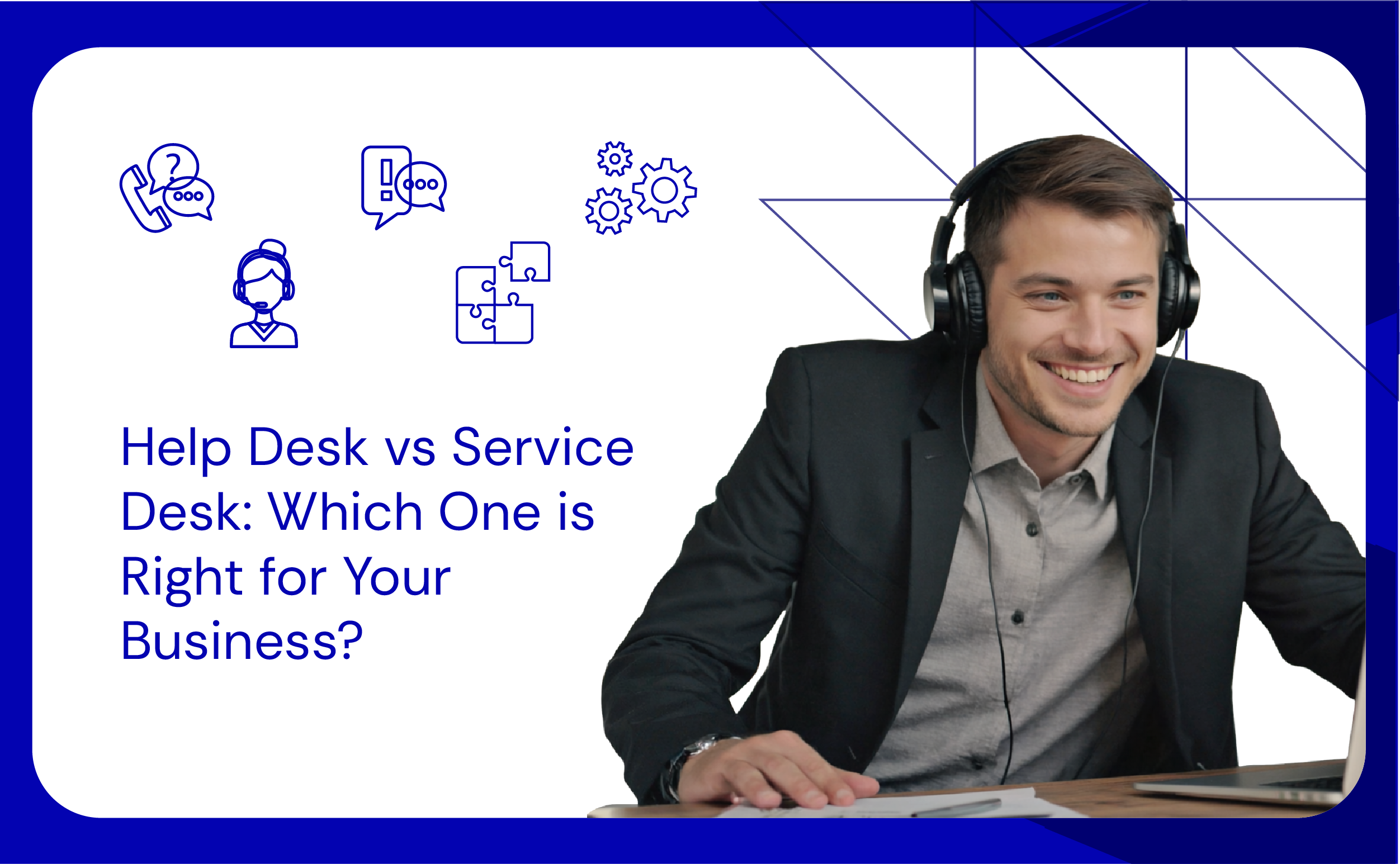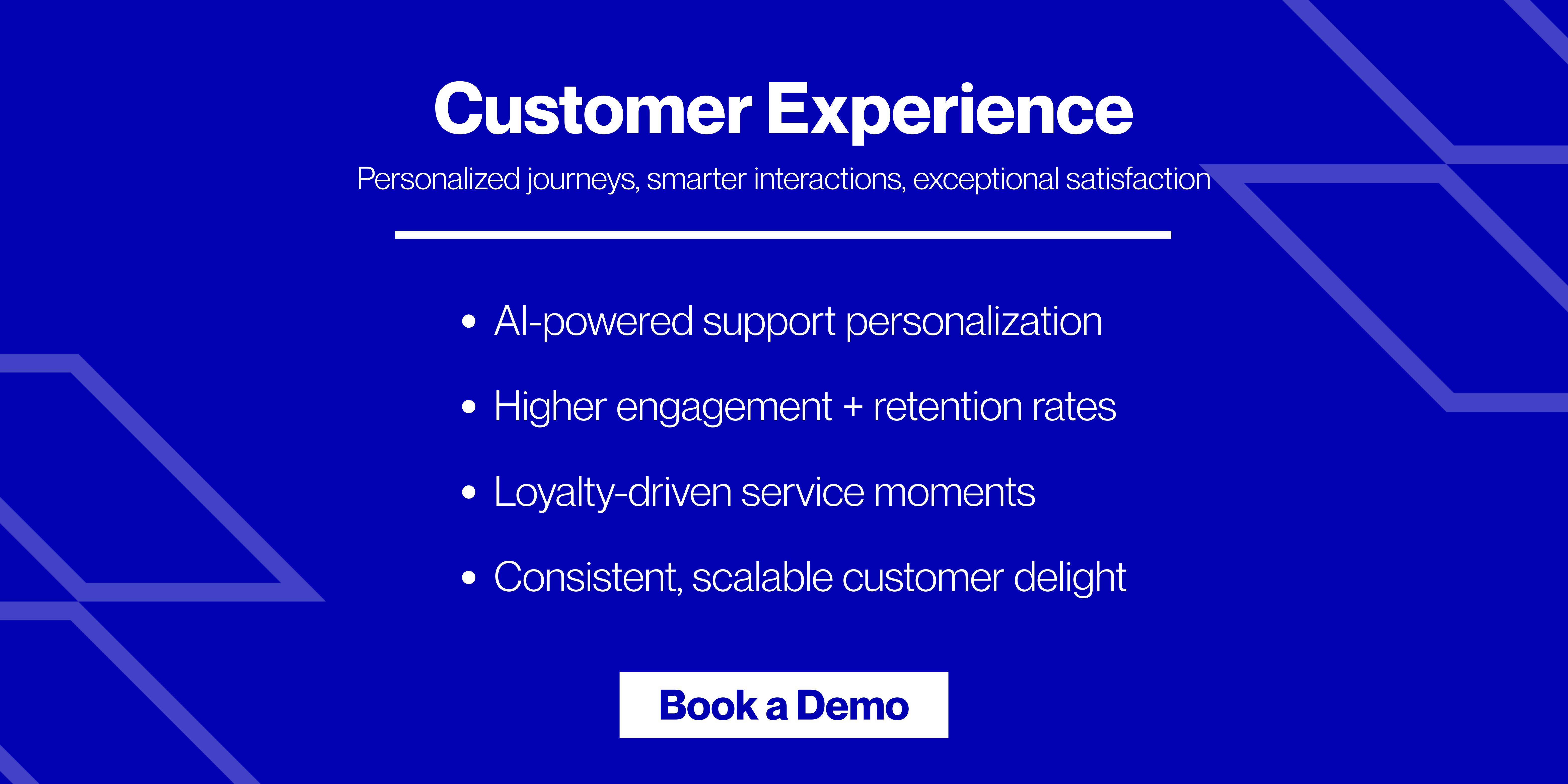A help desk is a reactive IT support system. It focuses on resolving technical issues and assisting end-users with troubleshooting requests. In comparison, a service desk is a proactive IT service management (ITSM) solution,. It provides a framework for optimising IT services across the organisation.
A help desk and a service desk are both used to support customers and employees with IT-related issues. While many leaders use these terms interchangeably, the difference between help desk and service desk is critical when deciding how to scale IT support. For CX leaders at consumer and D2C brands in the US, UK & Australia, understanding service desk vs help desk ensures IT boosts growth.
A help desk focuses on fixing immediate technical problems, such as:
- The computer is not turning on
- A password needs to be reset
- A software program is crashing
Whereas, a service desk is a complete IT support system that manages all IT services in a business. It includes:
- Handling technical problems like a help desk.
- Managing IT requests, such as setting up new computers for employees.
- Keeping track of IT systems and making improvements.
So, which one do you need? To make the best decision for your business, you must understand the key differences between them. In this article, let’s study the difference between the service desk and the help desk, the major benefits of both, and the key features you must look for in them. Also, we will learn how you can choose between help desk vs service desk.
What is a Help Desk?
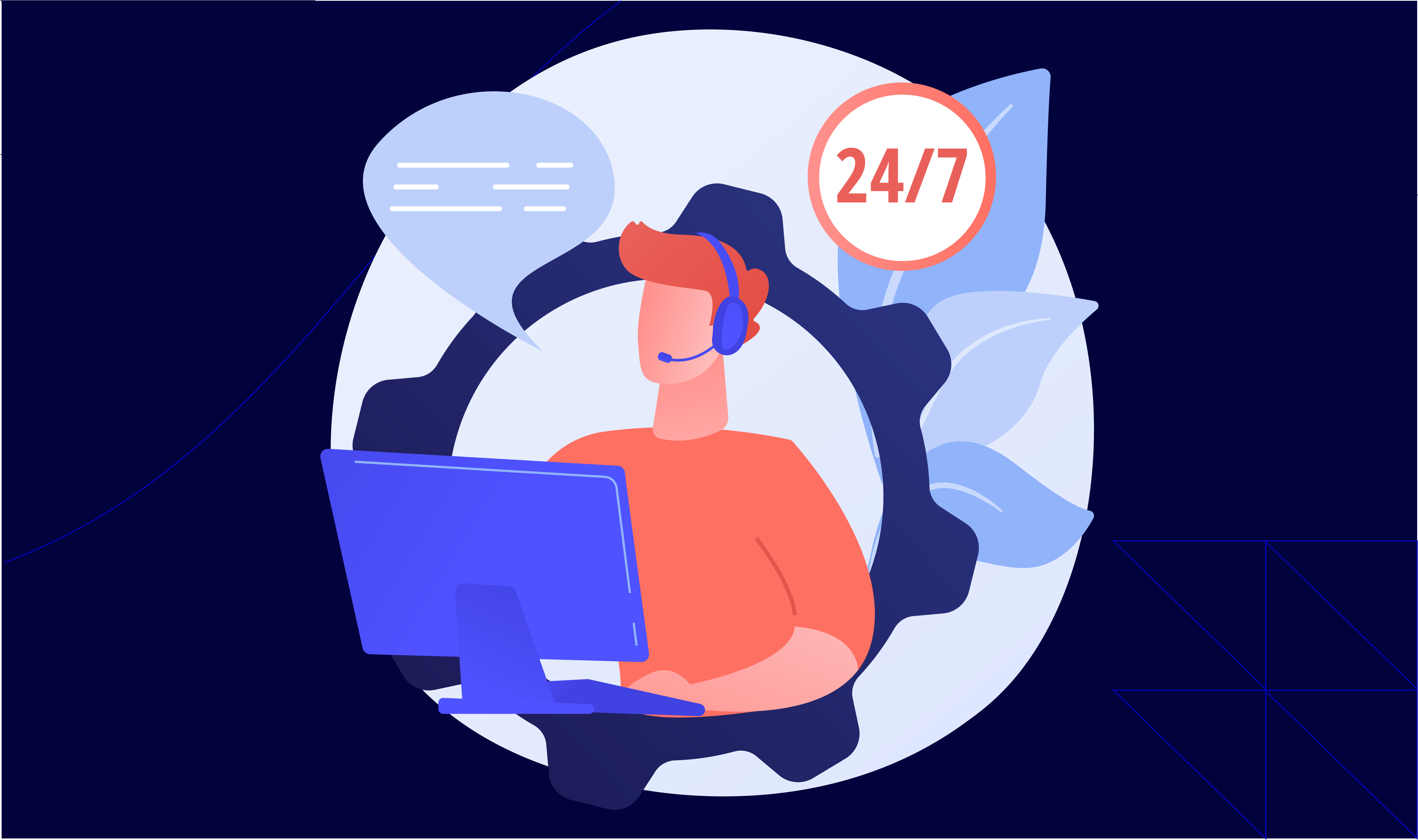
A help desk is the first point of contact for IT-related problems, a support system that helps users with IT problems they face during their work. It is the first place your customers contact when they have a technical issue. A study shows that average ticket volume has increased by 16% since the pandemic. This stat clearly shows a growing demand for support services.
Key Features of a Help Desk
| Feature | Explanation |
| Reactive Support |
|
| Ticketing System |
|
| Basic Problem Resolution |
|
| Limited Scope |
|
When Do You Need a Help Desk?

The help desk software market is projected to reach $21.8 billion by 2027. If your business fast fixes for everyday IT problems, a help desk might be a good choice. However, if you need a system that gradually improves your IT services, you may need something broader scope of a service desk.
What is a Service Desk?
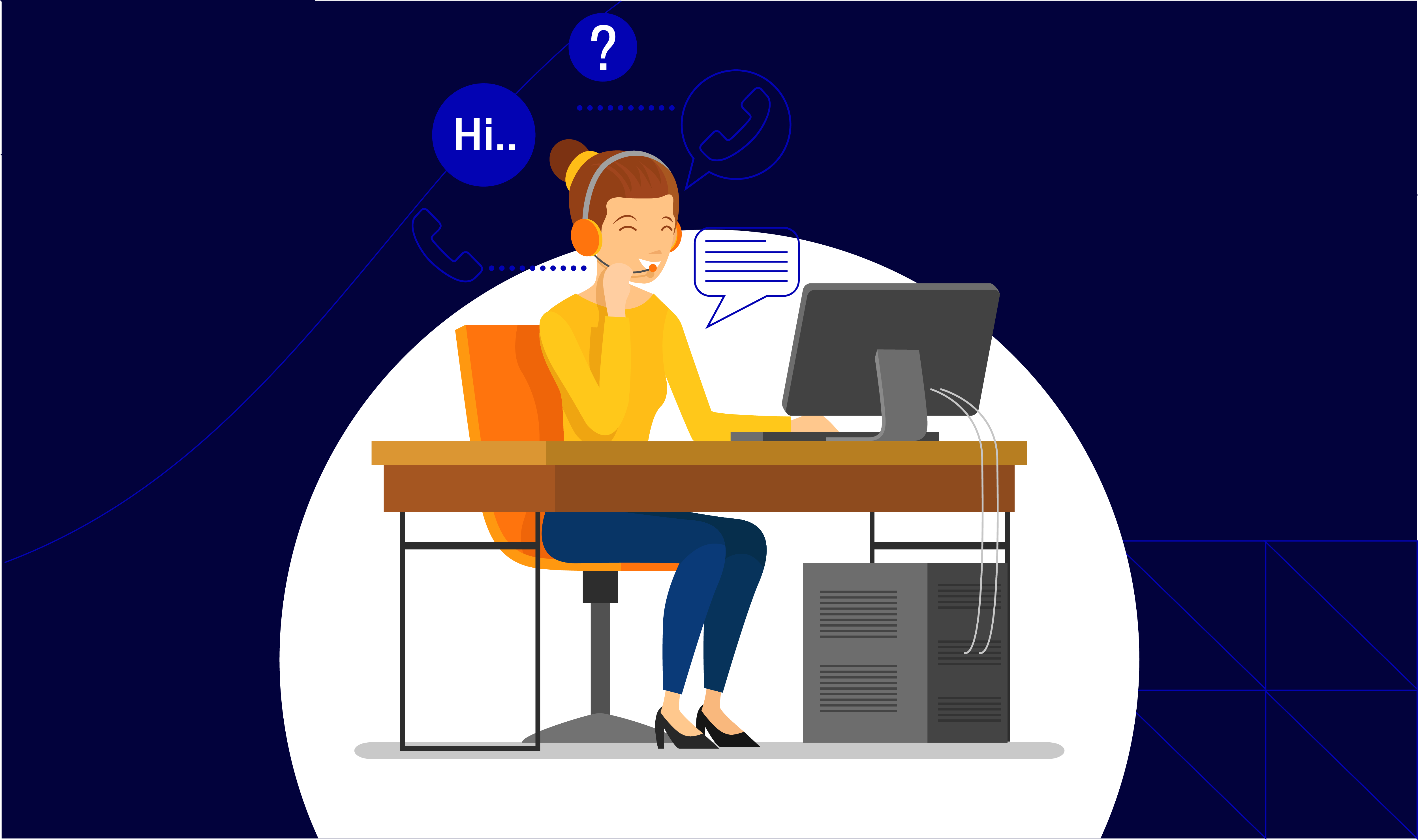
A service desk is more than just a support system for IT problems. Its goal is to manage and improve all IT services in a business. If we talk about the help desk vs the service desk, the former mainly focuses on resolving technical issues, whereas the latter looks at the bigger picture.
The service desk connects IT support with business goals. It’s designed to manage, improve and integrate IT services with business objectives.
Key Features of a Service Desk
| Feature | Explanation |
| Proactive Support and Improvement |
|
| Incident and Problem Management |
|
| Service Request Management |
|
| ITSM Integration |
|
Do You Need a Service Desk?
A service desk may be the right choice if your business needs more than just IT problem-solving, such as:
- Long-term IT planning
- Structured improvements
- Integration with operations.
To gain more clarity, let’s understand the help desk vs service desk in the next section.
Help Desk vs Service Desk: Side-by-Side Comparison

Be aware that 91% of customers are likely to make repeat purchases after a positive service experience. And, this is possible only when you make the right choice of desks after understanding the minute differences between them.
The table below shows a detailed comparison between the help desk and the service desk:
| Category | Help Desk | Service Desk |
| Main Purpose | Solves IT problems and provides superficial technical support. | Manages IT services for the entire organisation. It tries to improve systems and prevent future problems. |
| Who It Supports | Helps individual employees and customers | Supports the entire business |
| Approach to Problems | Reacts to issues when they happen and provides short-term solutions. | Identifies problems early and works to improve IT systems over time. |
| Problem-Solving Method | Uses a “break-fix” approach. It fixes issues only when they occur. | Uses a “prevent and improve” approach. It resolves current problems as well as prevents future ones. |
| How It Works | Communicates directly with users to resolve immediate IT issues. | Works with different departments to make sure IT services support business needs. |
| Areas of Support | It handles IT issues and provides basic technical support. | It manages:
|
A help desk solves immediate IT problems, while a service desk integrates IT into business strategy for long-term growth.
How to Choose Between Help Desk and Service Desk?
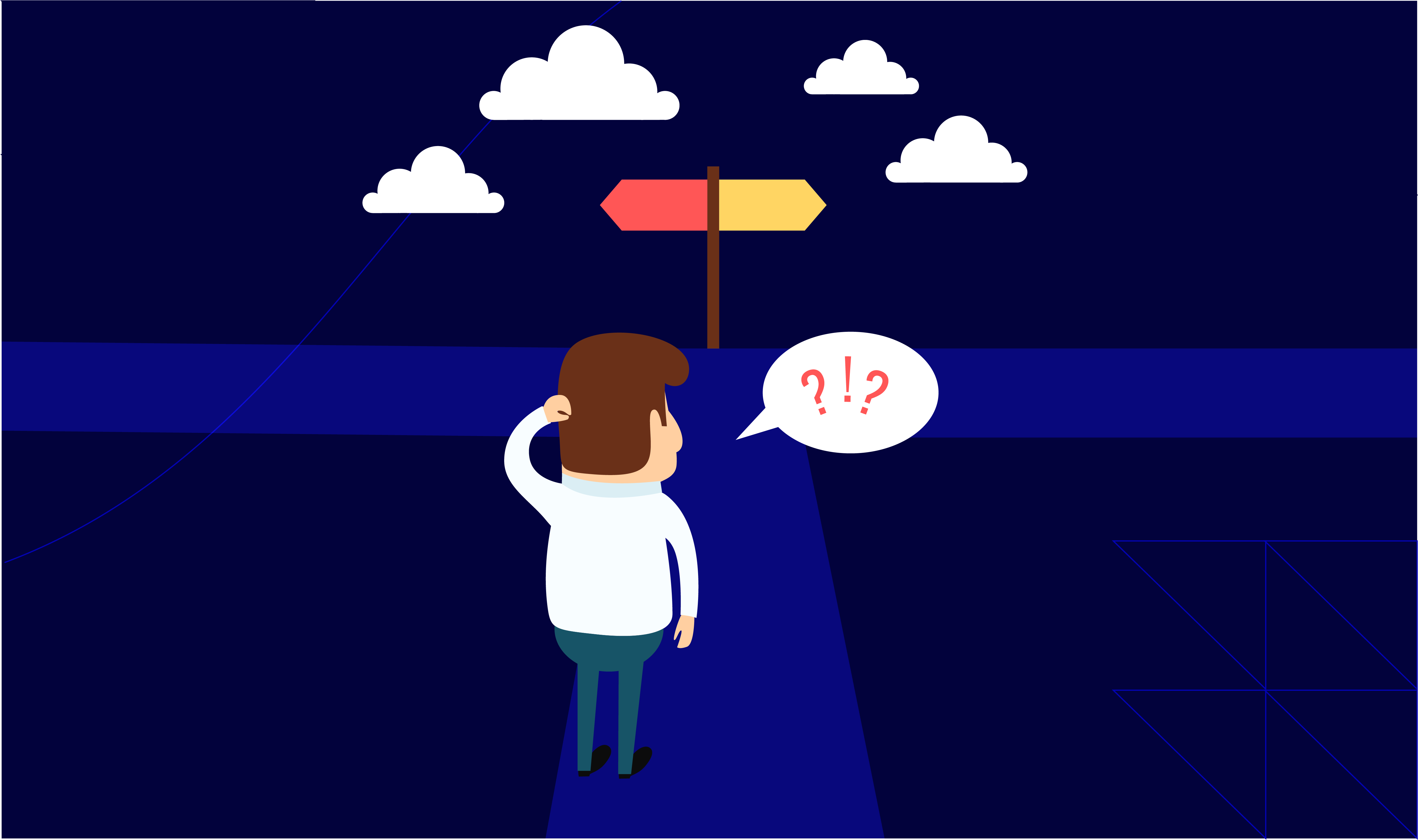
The choice between a help desk and a service desk depends on:
- Your business needs
- The level of IT support required
- Your long-term goals
Below are key factors to consider when making your decision:
1. Identify Your Business Needs
- Go for a help desk if your primary goal is to only provide:
- Quick fixes for IT issues
and
- Technical support for employees and customers
- Go for a service desk if you need a system that:
- Manages IT services
- Prevents future problems
- Improves overall IT performance.
2. Consider the Level of Support Required
- A help desk is reactive. It responds to problems as they occur.
- Thus, it is suitable for businesses that need basic troubleshooting and technical assistance.
- A service desk is proactive. It works to improve IT processes over time.
- It is ideal for businesses that want structured IT service management (ITSM) to prevent recurring issues.
3. Evaluate Your Business Size and Complexity
- If you are a small business with simple IT needs, you only require a help desk to handle support tickets and user requests.
- Whereas larger businesses or those with complex IT systems should set up a service desk for scalability and resilience.
4. Look at Automation and Integration Needs
- If you need a basic ticketing system for tracking IT issues, a help desk is enough.
- Whereas, a service desk is the better choice if your business requires:
- Automation
- Data analysis
- Self-service portals
- Integration with other systems (e.g., CRM, HR, or product development tools)
For CX leaders at consumer and D2C companies, the service desk is often the choice once IT complexity grows.
3 Major Benefits of Help Desks and Service Desks

Now that you know the help desk vs service desk software differences and learned how to choose between them, check out the three major benefits you can realise by having both these desk types:
1. Improved Decision-Making
Help desks and service desks collect data on:
- Common technical problems
and
- Customer requests
This information helps you to identify patterns, such as frequently occurring issues or slow response times.
For example, say many of your customers report the same software issue. Now, you can address the root cause instead of repeatedly resolving the same problem.
2. Reduced Manual Work
Please note that many IT and customer support tasks are repetitive, such as:
- Resetting passwords
or
- Answering common questions.
Help desks and service desks allow businesses to automate these tasks using software tools.
Due to this automation, your support team feels less burdened. Also, they spend less time on routine tasks and more time on work that adds value to the business.
3. Self-Service Options
Not all customer issues require direct assistance from a support agent. Help desks and service desks allow businesses to create self-service options, such as:
- Online FAQs
- Troubleshooting guides
- Chatbots
These resources allow your customers to find solutions on their own, without waiting for a response from customer support.
Key Features to Look For in Help Desk and Service Desks
When setting up a help desk vs service desk software, you should ensure that your chosen software offers these features:
1. AI-powered chatbots
These chatbots handle many common support questions without requiring a human agent. This reduces the workload on your support team. By using chatbots, you can:
- Answer frequently asked questions
- Provide troubleshooting steps
- Guide customers to useful resources
Some advanced systems even use artificial intelligence (AI) to gather data from past interactions. This significantly minimises resolution time.
2. CRM & business tool integration
A help desk or service desk works best when it connects with other tools used in your business. For example,
- Say a support system connects with a customer relationship management (CRM) tool. Now, your support agents can quickly view customer details without switching between platforms.
Without such an integration, your data may be scattered across different systems. This makes it harder to resolve issues faster.
3. Analytics & reporting
A good help desk or service desk should provide detailed reports and insights based on past interactions. Using them, you can:
- Identify common problems
- Track response times
- Measure customer satisfaction
- Spot trends and improve response times
By choosing a help desk or service desk with these features, you can improve customer service, save time, and create a more organised support system.
Pass Your Desk Stress to Atidiv!
Both the help desk and service desk serve different purposes in IT support. A help desk is ideal for businesses only looking for solutions to technical problems. Whereas a service desk offers a comprehensive approach to managing IT services and improving long-term performance.
Choosing the right solution depends on your:
- Business size
- IT complexity
- Long-term goals
Are you looking for scalable and high-quality support services? We at Atidiv provide expert email outsourcing services, messaging, and voice support.
Atidiv supports brands in the US, UK & Australia with 24/7 omnichannel IT and CX solutions, from help desk outsourcing to service desk management. From pre-sales inquiries to post-purchase communications and dispute resolution, our expert team can handle all!
- 98% QA and 4.8 CSAT across 200K+ interactions.
- 15+ years of global CX expertise.
- Flexible models for businesses with $5M+ revenue and scaling IT needs.
Whether you need fast IT fixes or enterprise-grade service management, Atidiv helps consumer and D2C brands choose and implement the right solution.
FAQs on Help Desk vs. Service Desk
1. How do I decide whether my business needs a help desk vs. service desk?
If your business mainly needs resolutions for IT issues, a help desk is enough. Whereas, a service desk is the better choice if you need:
- Long-term IT management
- Service improvements
- Proactive issue prevention
Consider your IT needs, business size, and future growth plans before deciding.
2. What are the hidden costs of setting up a help desk or service desk?
Beyond software costs, you will have to incur expenses on:
- Training support staff
- Maintaining the system
- Integrating these desks with your existing business tools
Please note that a service desk may require more investment upfront. However, it can save money in the long run by reducing IT issues and automating tasks. As a tip, you can also opt for cloud-based options to control costs.
3. Can a small business benefit from a service desk, or is it only for large companies?
Small businesses can benefit from a help desk for basic IT support. However, if your business relies heavily on IT or plans to grow, a service desk might be beneficial.
By setting it up, you can easily prevent disruptions and scale IT services. So, make a choice based on your long-term business goals.
